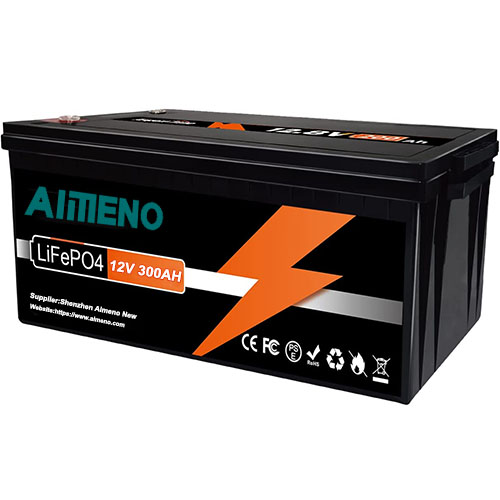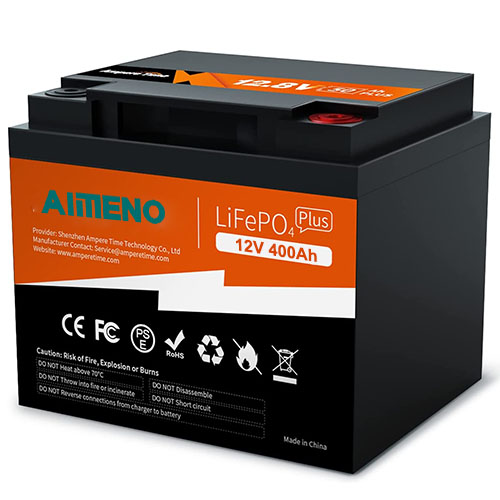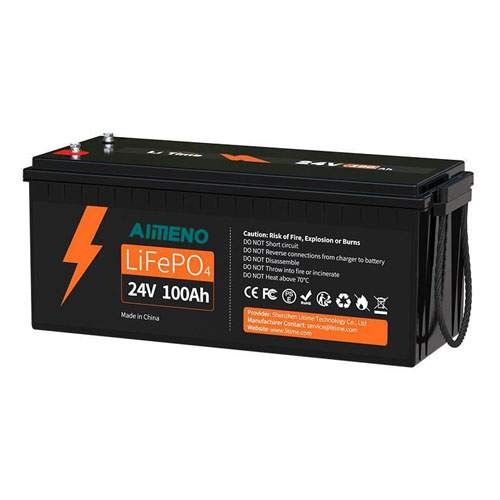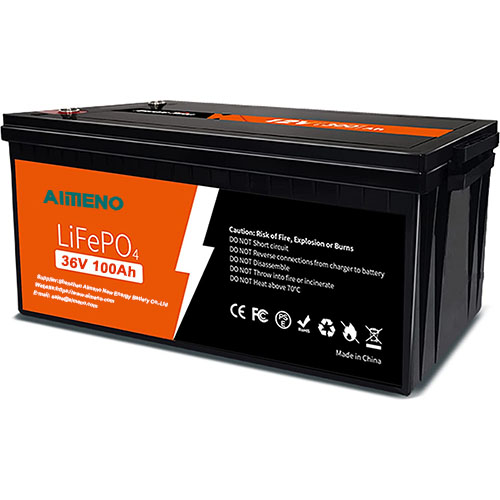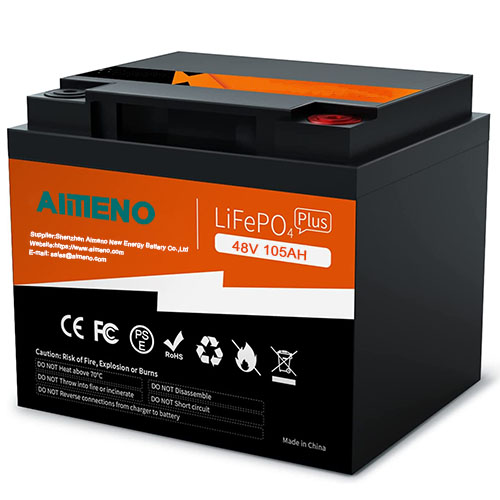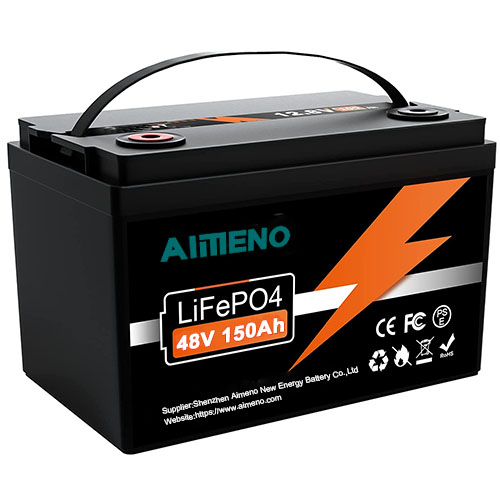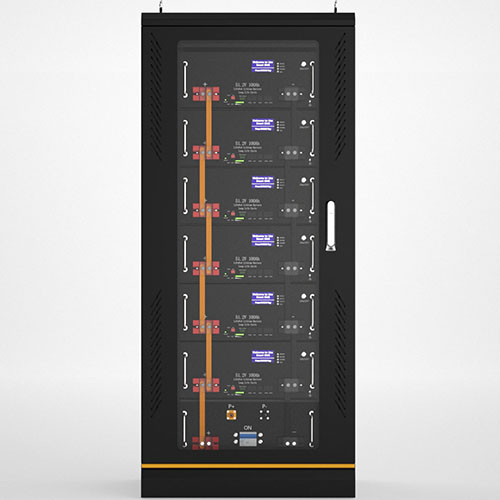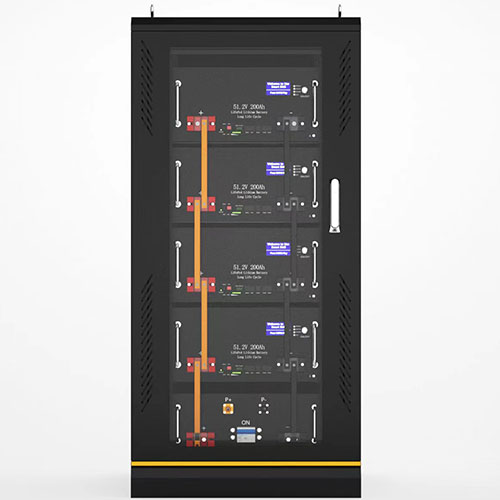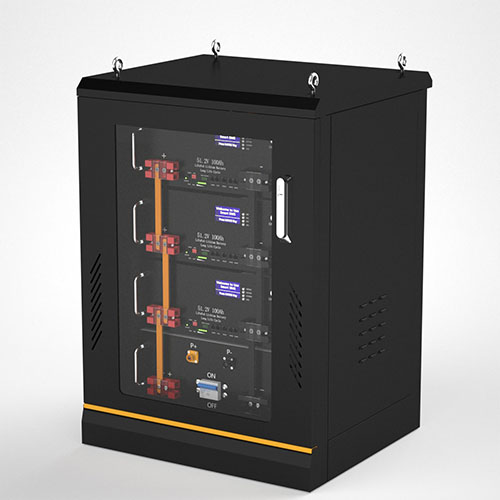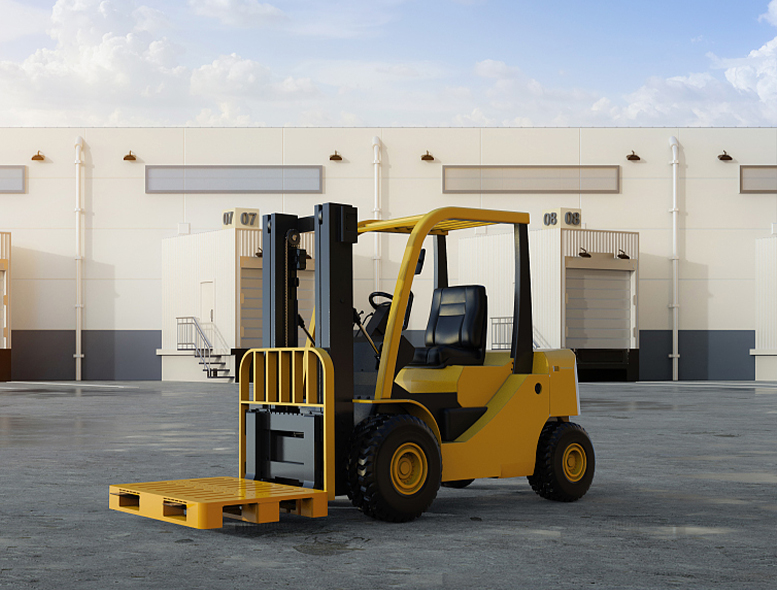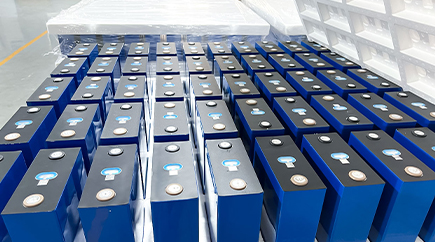Frequently Asked Ruestions
Forklift lithium batteries may not be compatible with all forklift models. It depends on the design and electrical specifications of the forklift. It is important to check the compatibility of the lithium battery with the specific forklift model you have or intend to use. Consult with the battery manufacturer or a reputable supplier to ensure compatibility and proper integration.
The charging time for a forklift lithium battery depends on various factors, including the battery capacity, charger specifications, and the battery's current state of charge. In general, lithium batteries have a faster charging rate compared to lead-acid batteries. Depending on the charger and battery capacity, a forklift lithium battery can typically be charged up to 80% capacity in as little as one to two hours. However, reaching full charge (100%) may take longer, typically between four to eight hours.
In many cases, it is possible to retrofit an existing forklift with a lithium battery. However, it depends on the specific forklift model and its compatibility with lithium battery systems. Retrofitting may require modifications to the forklift's electrical system and battery compartment to accommodate the lithium battery. It is recommended to consult with a qualified technician or the forklift manufacturer to assess the feasibility and compatibility of retrofitting your forklift with a lithium battery.
Yes, there are several safety precautions to consider when using forklift lithium batteries. These include proper handling, ensuring a suitable charging area, avoiding overcharging, monitoring temperature, protecting against short circuits, preventing physical damage, and having an emergency response plan in place. Refer to the safety precautions outlined by the battery manufacturer and follow local regulations and guidelines for the safe use of lithium batteries.
The expected lifespan of a forklift lithium battery can vary depending on several factors, including usage patterns, maintenance practices, charging habits, and the specific battery model. On average, lithium batteries for forklifts can last between 2,000 and 3,000 cycles or approximately five to ten years, depending on the operating conditions and proper maintenance. It is important to follow the manufacturer's guidelines for battery care and maintenance to maximize the battery's lifespan.
Proper disposal of forklift lithium batteries is essential to minimize environmental impact. It is recommended to contact authorized recycling facilities or disposal centers that handle lithium batteries. These facilities specialize in the safe and environmentally friendly disposal or recycling of lithium batteries. Follow local regulations and guidelines for the disposal of lithium batteries and ensure compliance with proper waste management practices.
Using forklift lithium batteries can lead to significant cost savings in various ways. Firstly, lithium batteries have a longer lifespan compared to lead-acid batteries, reducing the frequency of battery replacements and associated costs. Additionally, lithium batteries require minimal maintenance, eliminating the need for tasks like watering, equalizing, and acid spill containment. Furthermore, the faster charging rate of lithium batteries reduces downtime, increasing overall productivity. Moreover, the energy efficiency and longer operating times of lithium batteries contribute to reduced energy consumption and lower electricity costs in the long run.
Yes, in most cases, you can use a rapid charger with a forklift lithium battery. Lithium batteries are generally capable of handling rapid charging, which allows for quicker turnaround times and increased operational efficiency. However, it is important to use a charger specifically designed for lithium batteries and ensure it is compatible with the battery model you have. Rapid charging should be done following the manufacturer's guidelines and recommendations to prevent any adverse effects on the battery's performance or lifespan.



